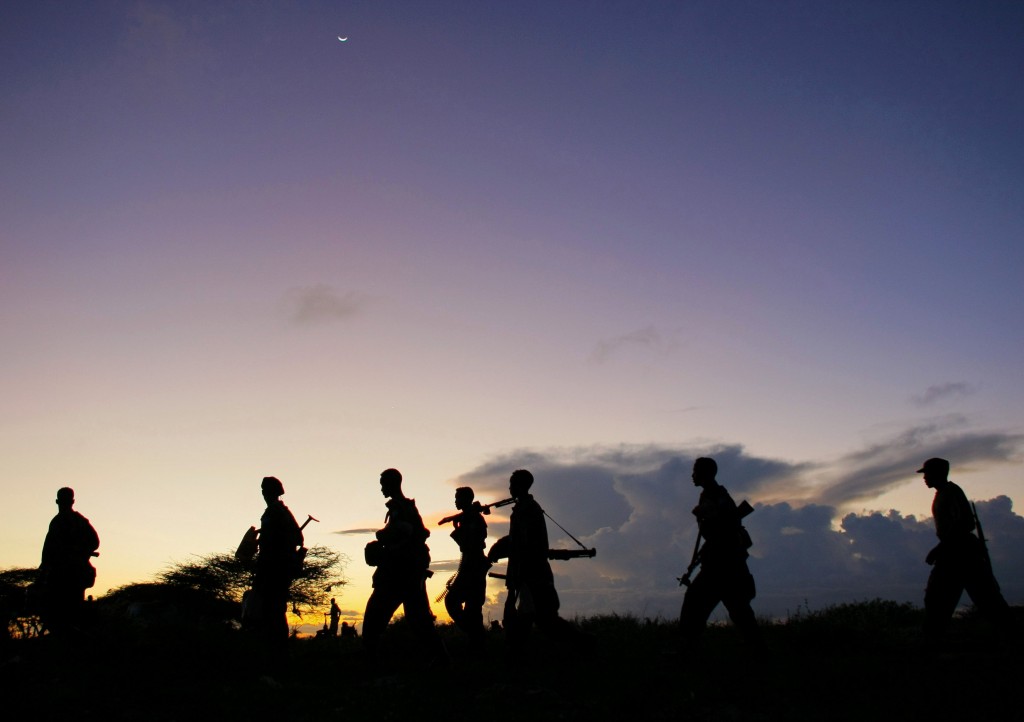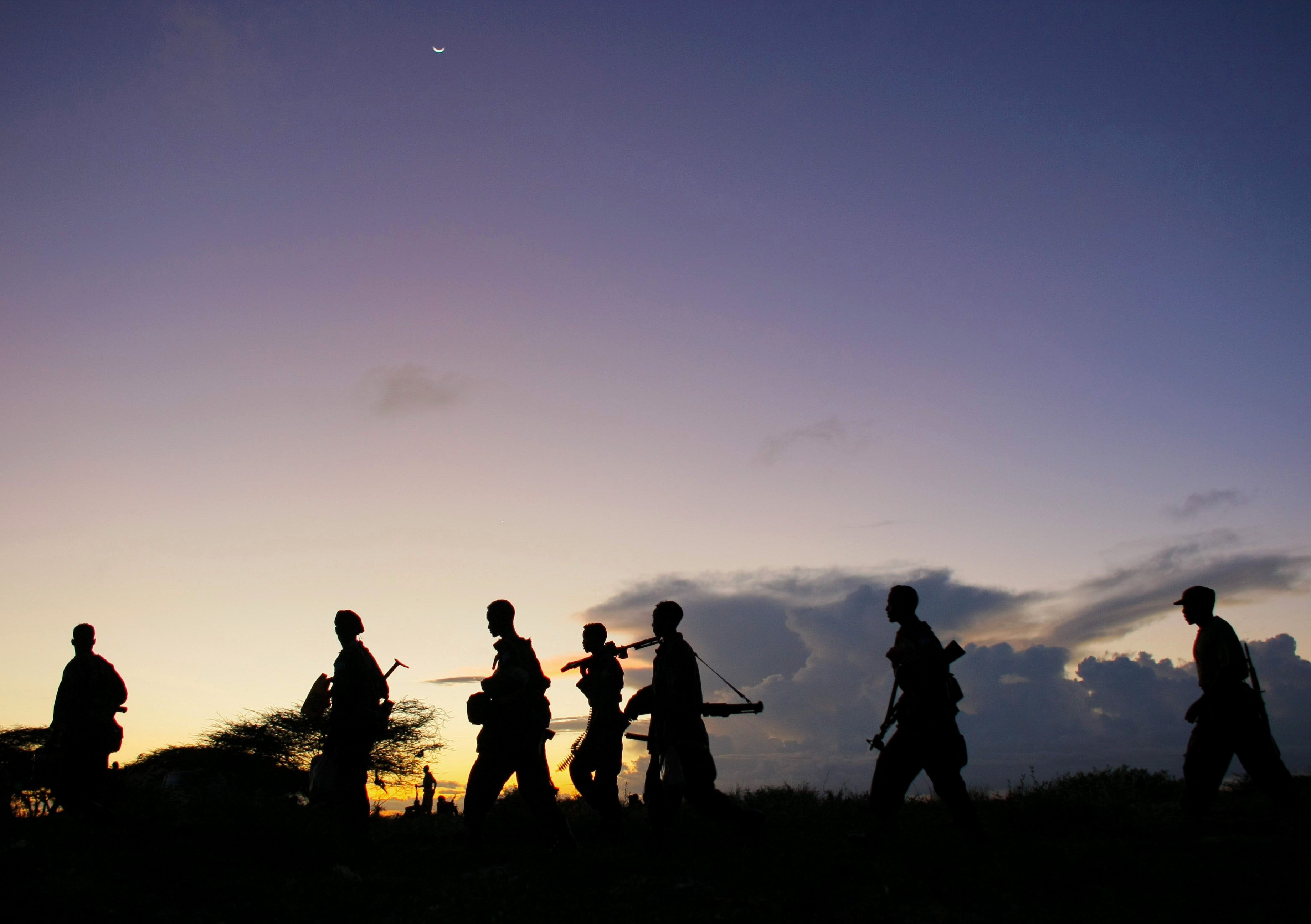

Forced disappearance is abduction by state officials or their agents, without due process of law, followed by an official refusal to acknowledge the abduction or to disclose the fate of the person abducted. Governments in countries like Honduras, Chile, the Philippines, El Salvador, Sri Lanka, and Syria have engaged in the practice – oftentimes targeting perceived political opponents.
CJA’s cases shed light on this common human rights abuse with the intention of deterring these crimes in the future. CJA’s client Zenaida Vasquez’s brother was disappeared in Honduras in the 1980s. She said: “This case that CJA is bringing will not help us recover Manfredo’s remains, but at least it will enable us to hold a high-ranking official responsible and thereby begin to pierce the culture of impunity. That is a crucial step in deterring future crimes.”
In addition to our litigation, CJA is supporting in-country efforts to address disappearances in countries transitioning from years of abuse.
For example, a key aspect of the peace accords in Colombia will be to seek clarity, justice, and accountability of those disappeared during the 50-year internal conflict. There are an estimated 28,000 people who disappeared due to paramilitary and guerrilla groups. CJA is working with civil society groups in Colombia to address accountability for these disappearances.
Likewise in Sri Lanka, one of civil society’s key demands is that the government shed light on the whereabouts of the tens of thousands disappeared during its brutal civil war. According to the United Nations, Sri Lanka has the second highest number of disappeared people in the world, following only Iraq. CJA traveled to Sri Lanka to support the relatives of victims who had been disappeared.
In our policy advocacy, we also seek to add a civil remedy for forced disappearances to the Torture Victim protection Act.
